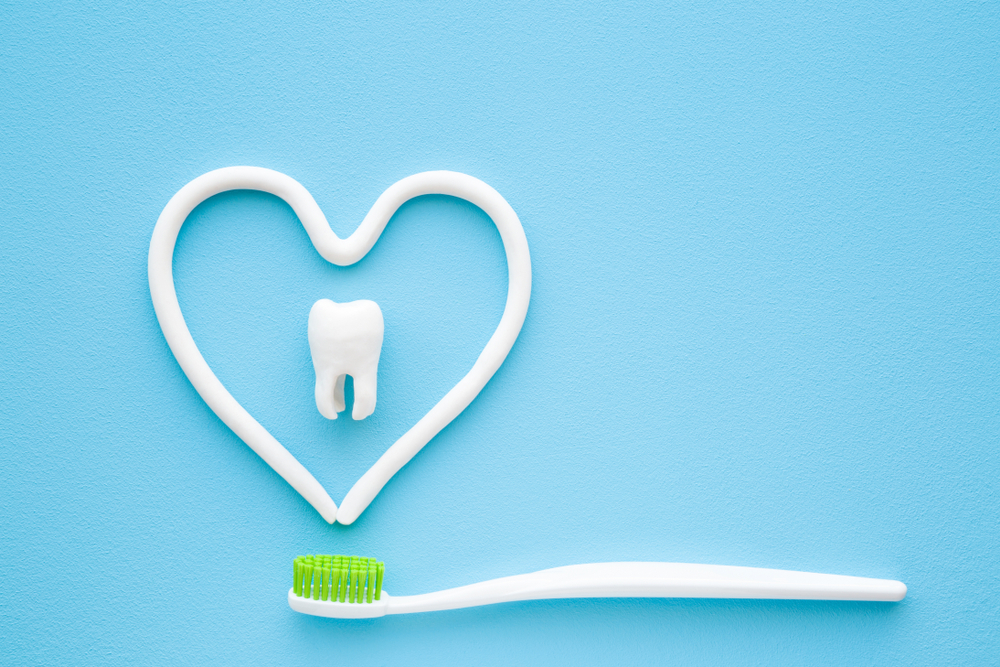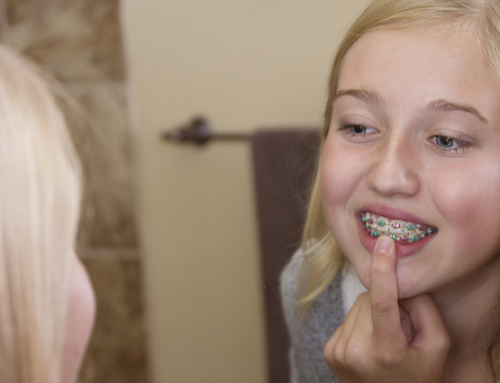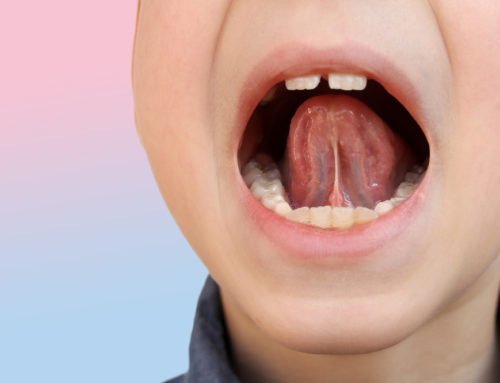Heart Health Risk and Toothbrushing Habits
Did you know that your dental health is more closely linked to your heart than you might expect? That’s because your mouth is the gateway to the rest of your body. Bacteria that are already in your mouth can easily move into the bloodstream and spread to other organs throughout the body.
Keep reading to learn more about the specific heart conditions that can be related to dental health.
Dental Health And Heart Disease
As of now, heart disease remains one of the leading causes of death in the United States. Although there still isn’t 100% definitive research regarding this topic, dental health is often thought to be one of the things linked to heart disease.
According to the Cleveland Clinic, certain bacteria found in the mouth can “move into the bloodstream and cause an elevation in C-reactive protein.” This protein is a common marker associated with inflammation in blood vessels.
Nebraska Medicine also notes that the same bacteria that typically resides in the mouth “have been found in plaque and blockages of heart arteries.”
Other heart-related conditions, such as endocarditis, have also been linked to bacteria traveling through the bloodstream. Do keep in mind, however, that the heart isn’t the only organ that can be affected by bacteria from the mouth. For example, bacteria can likewise travel down to your lungs, possibly increasing your risk of getting pneumonia.
In order to lower your risk of developing heart disease and other medical conditions, it’s best to take steps to practice good dental hygiene.
Oral Hygiene Routine
The first step towards good dental hygiene is getting your routine down pat. Let’s break that down a little bit more:
Brushing Teeth
You’ve probably heard this plenty of times before, but brushing twice daily is truly the backbone of a good oral hygiene routine. Make sure, though, that you’re using the right toothbrush and toothpaste for your needs. An electric toothbrush is often gentler and more thorough than a regular handheld one. Toothpaste can also come in a variety of types — fluoride, whitening, sensitive teeth/gums, etc…
Flossing
Yes, your dentist probably reminds you about this one a lot, but it’s for a good reason. Unfortunately, even the best toothbrush can’t get into every nook and crevice in between your teeth. This is where flossing comes in. Floss is made to slip into the small spaces between your teeth and get all the food bits and plaque out. This not only feels better but helps reduce your chances of developing a cavity.
Fortunately, there are tons of options these days for easy, fast flossing. Between water flossers, picks, and string floss, you’ll more than likely find something that suits your needs.
Mouthwash
Mouthwash should never be a replacement for brushing and flossing, but it can be a nice add-on. Just like floss, mouthwash can also reach small spots and crevices. Make sure to follow the directions for each individual mouthwash, however (some are designed to be used specifically before or after food). Also, keep in mind that mouthwash is usually not suitable for young children. The best thing to do is talk to your dentist and ask if mouthwash is the right fit for you. They’ll also be able to give you some helpful advice for picking one out.
Other Tips
Last but not least, here are just a few more helpful tips to keep in mind.
Reduce Snacking
Did you know? Snacking is bad for more than just your waistline. This is largely due to the way that cavities form.
Generally speaking, the process starts with bacteria munching on sugar and starchy particles left on your teeth. Then they start producing harmful acids. These acids eat away at your enamel over time, burrowing deeper into the tooth. The result is tooth decay and cavities (otherwise known as caries).
Keep An Eye Out For Hidden Sugars
Not all sugar is the white powdery table sugar variety that we’ve gotten so used to. Many sugars hide in liquids such as soda, frappuccinos, juice, or even milk! Sugars and carbs can also hide under a variety of names and forms. Don’t forget to give the label a read and search up the ingredients online.
Don’t Skip Out On Check-Ups
Visiting your dentist for the occasional check-up gives them an opportunity to clean your teeth, look for cavities, and schedule you for any necessary procedures. Although it may be tempting to skip these visits when life gets busy, try not to. Letting a cavity go untreated puts you at risk of the decay burrowing down into the tooth, creating a need for a bigger, expensive treatment further down the line.
Dental Treatment After Heart Attack
If you’ve recently had a heart attack, let your dentist and primary care provider know as soon as possible. In many cases, you may have to wait a number of months before getting any major dental procedures. The best way to know for sure is to ask your primary care provider and let your dentist know of any such health conditions or recent heart-related events. They’ll be able to recommend a course of action.
Frequently Asked Questions
We hope that this article helped answer some of your questions. Just in case, however, here are a few more dental-related F.A.Q.s to check out below:
How Much Is Dental Insurance?
Similarly to health insurance, dental insurance is also meant to help protect you from some of the costs of dental care. It’s important to understand, however, that most dental policies are separate from health insurance.
The exact cost of health insurance depends on a variety of factors, but here are a few:
- Location
- Your insurance provider.
- The exact insurance plan that you choose.
And more…
The other thing to keep in mind is that not all insurance plans work the same way. For example, if you are receiving your insurance through your employer, you may want to ask more about the premium. In some cases, your employer might be paying some of your insurance premium.
There are also government insurance programs such as Medicaid and the Children’s Health Insurance Program (CHIP). These programs provide free or low-cost health insurance coverage for low-income households/people.
How To Get Rid Of Cavities?
There is no at-home way to get rid of an existing cavity. For that, you need to visit your dentist. There are a variety of treatment options for cavities (depending on the size and amount of tooth decay).
For the occasional small cavity, fillings are one of the most common treatment options. Fortunately, fillings are a fairly straightforward and fast procedure. The best part is that they’ve come a pretty long way in recent years. Composite fillings (one of the most popular choices for fillings in the U.S.) are particularly good at blending in with the appearance of natural teeth.
How To Know If You Have A Cavity?
Many cavities don’t have any symptoms at all (especially when they’re first starting out). This is why visiting the dentist regularly is so important. Your dentist can do a careful examination of your teeth and find those small cavities before they become a bigger problem.
As decay grows larger, you may begin experiencing symptoms such as a toothache (pain or discomfort), sensitivity to certain liquids and foods, holes in the teeth, or pain when biting down.
Adult Dentist Tennessee
Looking for a dental team that truly cares about its patients? Meet Snodgrass-King! We know that going to the dentist can be a stressful ordeal, so we work hard to make it as easy as possible for our patients. Our team is trained in dealing with patients of all ages and comfort levels.
The best part? Our dental care is truly top-notch. Whether you’re in need of fillings, braces, crowns, or just a check-up, we’re the team for you. Our staff covers a variety of dental specialties (including pediatric dentistry and orthodontics).
Still have questions about our dental services? Simply give your closest Snodgrass-King Dental location a call. We have offices all over Middle Tennessee, including Franklin, Spring Hill, Murfreesboro, and Mt. Juliet, TN. To book an appointment, simply hit the “Book Now” button on our website to begin scheduling your first appointment.








